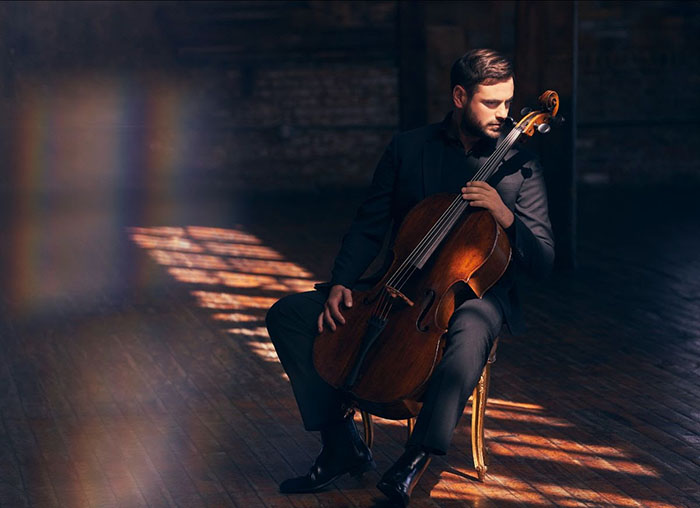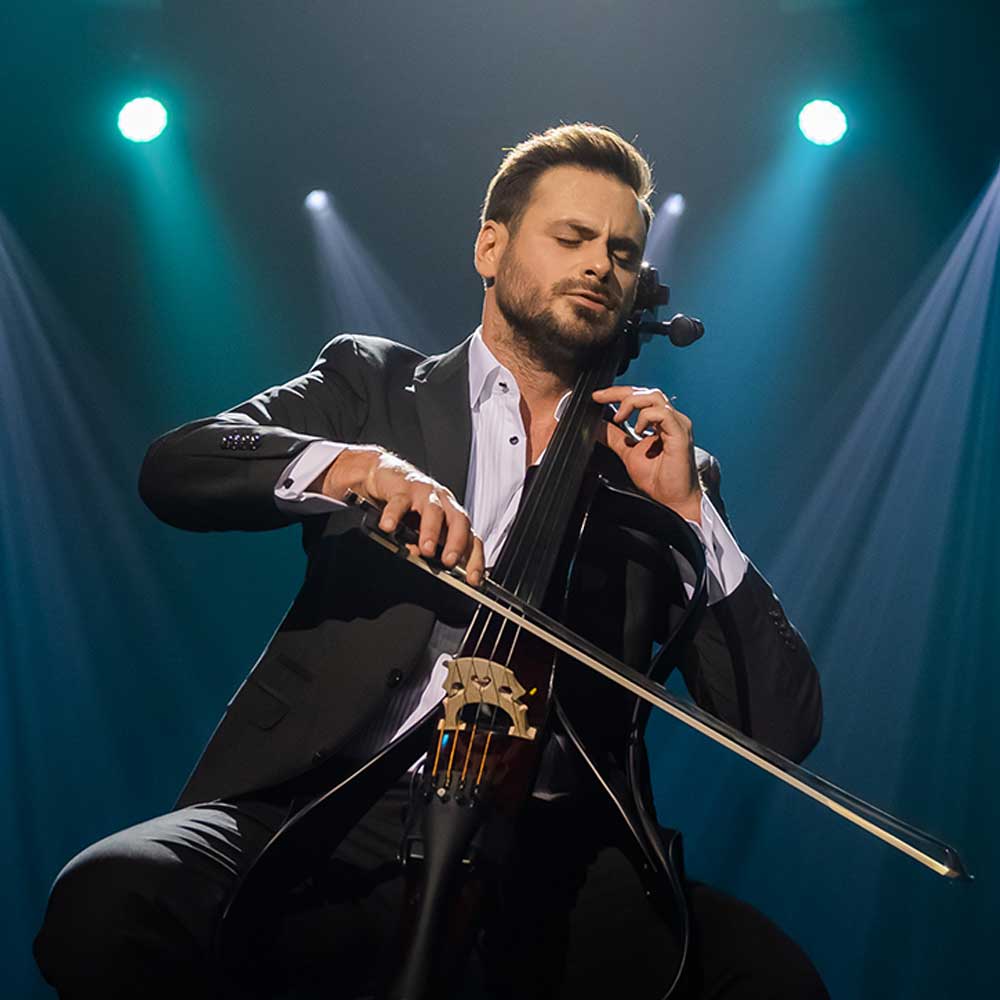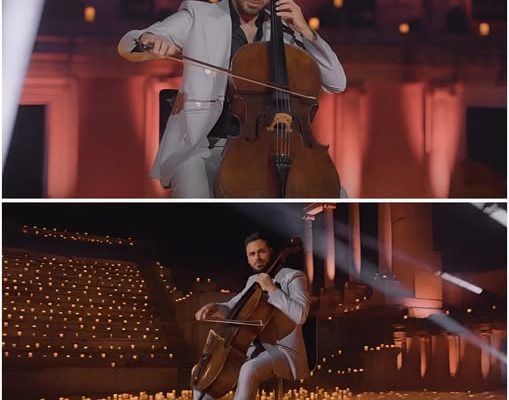HAUSER, the world-renowned Croatian cellist and one half of the classical crossover duo 2CELLOS, has continually pushed the boundaries of classical music through his solo career. One of his most emotionally captivating performances is his rendition of “The Music of the Night”, a beloved song from Andrew Lloyd Webber’s legendary musical The Phantom of the Opera. HAUSER’s instrumental interpretation brings a new dimension to the song, transforming it from a theatrical ballad into a deeply stirring cello solo that transcends language and genre.

Originally sung by the Phantom in the musical, “The Music of the Night” is a hauntingly beautiful song about the seductive power of music and the emotions it can awaken. Through lyrics and melody, it paints a world where darkness is not to be feared, but embraced, and where music has the power to reveal hidden truths and emotions. HAUSER, though playing without words, communicates every nuance of the song’s meaning with his cello.
His performance is rich with passion, intensity, and restraint. Every note is delivered with precision and feeling, capturing the mystery and romance of the original composition. HAUSER’s control of dynamics—moving seamlessly from soft, whisper-like tones to powerful crescendos—mirrors the emotional journey of the Phantom himself. Even without vocals, the cello seems to “sing,” telling the story in a language all its own.

Visually, HAUSER often enhances his performances with dramatic, cinematic settings. In “The Music of the Night,” he may be seen playing in a dimly lit cathedral or historic European palace, with candlelight flickering around him. These settings create an atmosphere that perfectly complements the music—elegant, mysterious, and timeless. His posture, expression, and connection with the cello make each performance feel intimate and emotionally raw.

HAUSER’s rendition of this classic theater piece showcases his ability to bridge the gap between classical music and popular culture. He introduces orchestral and operatic music to new audiences, many of whom may not be familiar with The Phantom of the Opera. His version is not just a cover—it is a reinterpretation, breathing new life into the melody and expanding its emotional reach.

What makes HAUSER stand out as an artist is his unique blend of technical excellence and emotional expression. In “The Music of the Night,” he proves once again that he is not just a cellist, but a storyteller. Through his bow and strings, he evokes the longing, pain, and beauty that lie at the heart of the Phantom’s character. It’s a performance that appeals not only to fans of classical or theater music, but to anyone who appreciates music’s power to move the soul.
In conclusion, HAUSER’s performance of “The Music of the Night” is a masterclass in musical storytelling. With no words, he manages to express deep emotion, narrative complexity, and artistic beauty. His interpretation honors the spirit of the original while offering something entirely his own—a haunting, romantic, and unforgettable experience.



